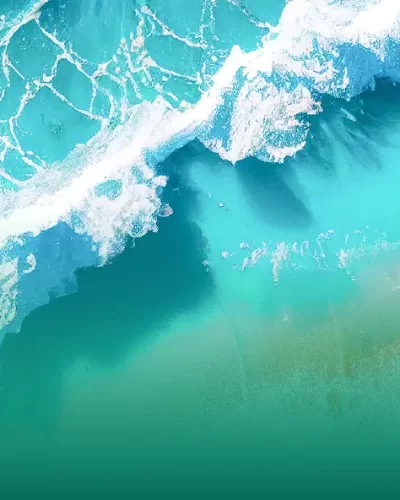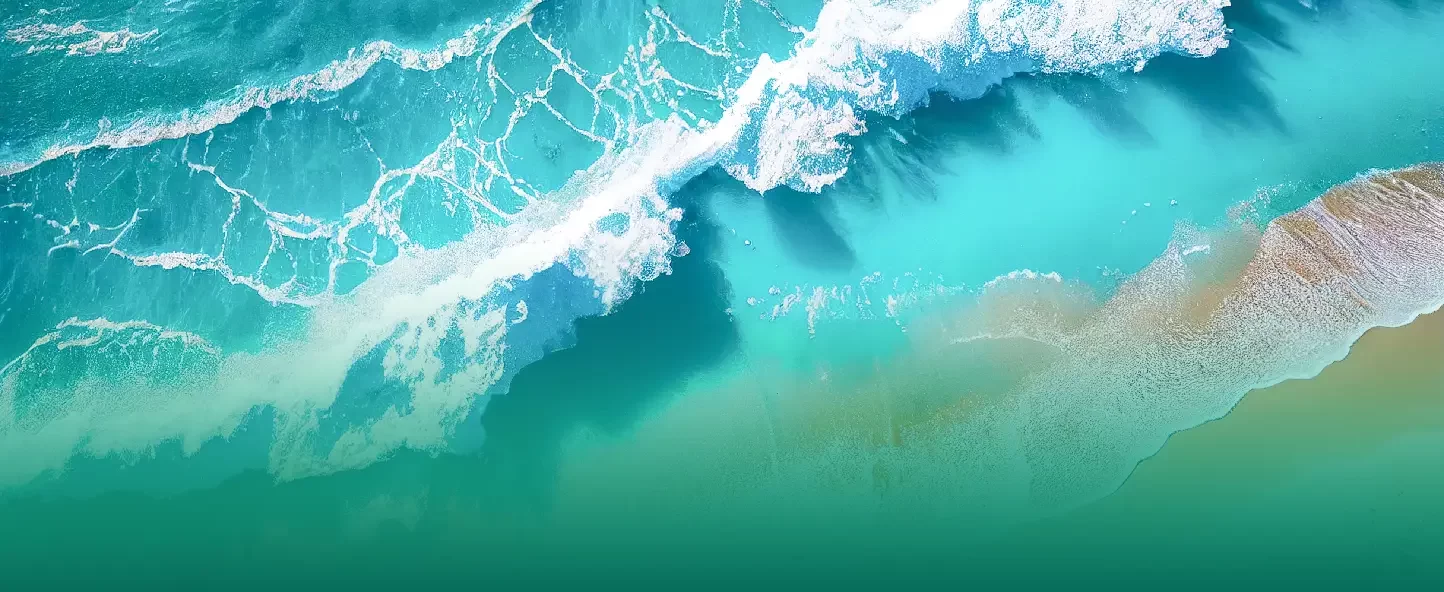Myth: Swimming in ponds is absolutely safe
Despite the desire of many to believe in this statement, in fact it is far from the truth.
TOP 3 diseases that can be transmitted by swimming in rivers or ponds:
- Stomach flu. This is a disease characterized by inflammation of the lining of the stomach and intestines, also known as gastroenteritis. It is transmitted through food or water.
- Amoebiasis. This is an infection caused by amoebas that can lead to intestinal inflammation.
- Shigellosis. This disease is caused by the bacterium Shigella, which can cause symptoms of a gastrointestinal infection.
Precautions when swimming in a pond:
- Avoid putting your head under water, especially in unknown places.
- Do not swallow pond water to prevent harmful microorganisms from entering your body.
- After swimming, be sure to take a shower to get rid of any bacteria or parasites that may remain on the skin.
- Avoid bodies of water with stagnant water, such as crowded ponds where there are many people swimming. The more people there are, the higher the risk of infection.
- It is preferable to choose rivers and lakes with running water for swimming. Even if viral particles get into them, the current will likely quickly carry them away.
Myth: Sea water cures all diseases
Many have heard about the beneficial effects of sea air and water on the body. How useful are they really?
The warmer the water, the healthier it is – a myth. Swimming in warm sea water is pleasant, but a temperature of about 22-25 degrees is more suitable for health. In warmer water, viruses and bacteria can actively multiply.
Immersion in the sea and contact with sea water have its benefits not only during the season: simply walking along the shore and soaking your feet in the water is not the most effective way. In order to truly experience the healing properties of the sea, it is recommended to spend at least 10-15 minutes in its waters. Although breathing sea air is also beneficial, swimming will give more noticeable results and bring more benefits to the body.
Swimming pools with water enriched with minerals from sea salt are often touted as having health benefits. However, it is a misconception to believe that you can collect seawater in a bottle and use it for medicinal purposes.
Sea water removed from its natural environment loses its healing properties in just 24 hours. Swimming in a sea pool can only be beneficial if it is formed naturally, without the addition of chlorine, and the water in it is constantly renewed.
When it comes to sea bath salts, sea water bottles and other similar products, to date no laboratory has been able to accurately reproduce all the unique properties of real sea water.
Myth: Sea water cures nasopharyngeal diseases
The water quality on beaches with high traffic usually leaves much to be desired. In such water you are more at risk of infection than receiving medicinal properties. However, clean water suitable for rinsing is located at a depth of more than two meters, making it inaccessible for ordinary bathing.
Seawater contains a wide range of chemical elements, including sodium, calcium, chlorine, sulfur, bromine, zinc, copper, iron, selenium and other trace elements. All of them enter the body through the skin and contribute to numerous beneficial effects such as relaxation, rejuvenation, inflammation, strengthening the immune system and cleansing.
The myth that sea water does not require rinsing is far from the truth. Ocean water has a beneficial effect on the skin, nails and the whole body. However, as the water evaporates, salt crystals may remain on the skin. These residues are no longer beneficial and can increase the risk of sunburn. In addition, if the skin has abrasions or calluses, salt can cause dermatoses.
Myth: A No Swimming sign means nothing
Many believe that such signs are installed by local residents to protect the beaches from the influx of outside swimmers. However, this is true, and this sign should not be ignored. One of the main causes of tragic accidents in the water is swimming in unmarked and untested places. These signs are installed where safety cannot be ensured and where there are no rescuers.
As much as swimming may seem like a safe pastime, following safety rules is extremely important. Unfortunately, even simple instructions are often ignored. It is especially important to supervise children so that they do not swim unsupervised. After all, they can easily get carried away and, when overcooled, encounter problems such as convulsions.
Here’s what not to do to stay safe when swimming:
- It is not recommended to enter the water in unsurveyed reservoirs where there are warning signs about the prohibition of swimming.
- Avoid swimming while under the influence of alcohol.
- Do not jump into the water from structures that are not designed for this purpose.
- Keep water bodies clean and do not pollute them with garbage.
- Avoid swimming on floating objects such as boards, logs, sunbeds, car cameras or air mattresses.
- Do not take pets with you.
Myth: You can swim at any time of the day.
You may have noticed that in the evening the hotel pool remains empty and closed for swimming. But why is this so, because sometimes you really want to plunge into the water after sunset?
The reason for closing the pool in the evening is due to regular chlorination of the water. After sunset, various disinfectants and special chemical compounds are added to the pool every day. This is necessary to keep the water clean and safe, as bacteria and other microorganisms can accumulate in the pool as the day progresses.
In the morning, the pool becomes available for swimming, when disinfectants have already had time to work and provide safe conditions for swimming. However, swimming at night can be dangerous due to the lack of lifeguards and the possibility of burns or allergic reactions.
You should also refrain from swimming in the sea in the evening and at night. At this time, many predatory fish become active and go hunting, which can pose a danger to swimming tourists. During the day, rescuers can control the situation and drive away fish, as well as provide assistance if necessary, while at night severe fright is possible.
In the evening, sea urchins prefer to be in shallow water, and their spines can become an unpleasant surprise for swimmers. In addition, at this time you can stumble upon corals, which also poses a risk of getting cuts.






